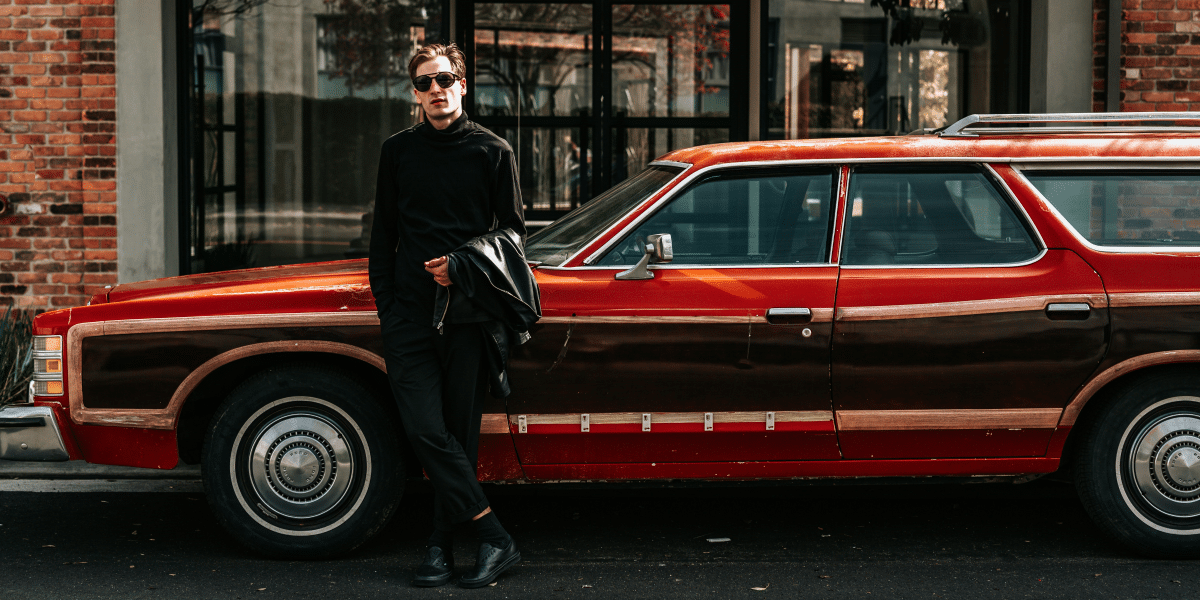What Makes Cars Confessional Spaces?
The lack of direct, sustained eye contact that driving necessitates plays a major role in reducing barriers for open communication. While eye contact is important in many social interactions, in the context of emotionally charged conversations, it can be intimidating. Looking out at the road lessens this intensity, providing a sense of psychological space for individuals to process their thoughts and words without the pressure of feeling scrutinized.
Cars provide a unique sense of enclosure and privacy that can be immensely comforting for those wrestling with difficult emotions. While physically small, the car’s interior becomes a world unto itself, temporarily removed from daily life and its associated anxieties. This “cocoon effect” offers a sense of safety within which individuals may feel emboldened to shed their usual guardedness and share what’s truly on their hearts.
Unlike sitting face-to-face, where conversational participation is expected, the shared task of navigating a vehicle creates a different dynamic. The driver must focus on the road, and the passenger is free to look out the window, lost in thought. This seemingly simple act eases the social pressure to offer constant responses or witty banter. Silence within the conversation doesn’t carry the same awkwardness, allowing for the introspection and processing necessary to address complex feelings. “Sometimes, the most important part of a car talk is the quiet moments where a person can just think,” observes a relationship counselor.
For parents seeking a less intimidating setting for important conversations with their children, the car often holds a surprising solution. Whether it’s the classic “birds and the bees” talk, discussions about mental health concerns, or navigating peer pressure, the car removes the confrontational feel of a face-to-face chat. Side-by-side, both parent and child can focus on the road ahead, a subtle dynamic shift that can create the necessary psychological space for honest and open dialogue.
Cars also possess the power to foster reconnection for old friends who might feel awkward re-establishing communication in a formal setting. A long car ride evokes a sense of shared history, and the undemanding nature of simply looking out the window or focusing on the road can remove the social pressure that can sometimes stifle those initial steps back into a dormant friendship. “Sometimes, just driving together with no pressure to perform is exactly what’s needed to find that comfort level again,” notes a communications expert.
Couples often find the car becomes a space where long-simmering issues can be finally confronted. With distractions minimized and neither party being able to physically ‘walk away’ from the discussion, even difficult conversations gain a new momentum. It’s important to note that this sense of containment can be a double-edged sword, and couples should be mindful of not letting the space exacerbate tensions, but rather use it as a catalyst for constructive communication.
Not Just the Car, But the Journey
The power of “car therapy” isn’t solely rooted in the physical space of the vehicle itself, but also the specific nature of the journey. Road trips, with their extended duration and shared goal of reaching a destination, cultivate a unique sense of camaraderie. The anticipation of shared experiences and the prolonged time together create fertile ground for those deeper, more meaningful conversations to naturally unfold as the miles pass by.
However, sometimes it’s the journeys with the least structure that prove the most transformative. Aimless drives without a set destination introduce a lack of time pressure and a sense of delightful disorientation. This “lost together” feeling breaks down typical social barriers and encourages a type of shared vulnerability. As one insightful observer puts it, “When you’re not even sure where you’re going physically, it can open up the space to explore where you’re headed emotionally.”
Whether it’s a carefully planned road trip or a spontaneous decision to simply cruise with the windows down, the act of purposeful movement reinforces the notion of progress on multiple levels. This can be an incredibly powerful feeling for someone navigating internal turmoil, where progress often feels elusive.
While “car therapy” can be surprisingly effective, it’s important to be mindful of:
- Safety: Ultimately, a driver’s primary focus must remain on the road. Highly emotionally charged conversations are best saved for when the car is parked or for when someone else takes the wheel.
- Not a Professional Replacement: While cars can offer a space for emotional processing, they are not a substitute for professional therapy when dealing with serious mental health issues.
From carpool karaoke to venting sessions after a tough day at work, cars have always had a special place in our lives. Their potential as spaces for meaningful connections is often overlooked.
“We underestimate how transformative those seemingly mundane moments inside our cars can be,” notes a psychologist. “Sometimes, the road to understanding ourselves takes the form of a highway or a winding country lane.”








